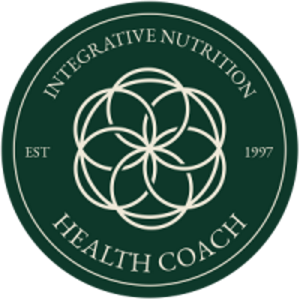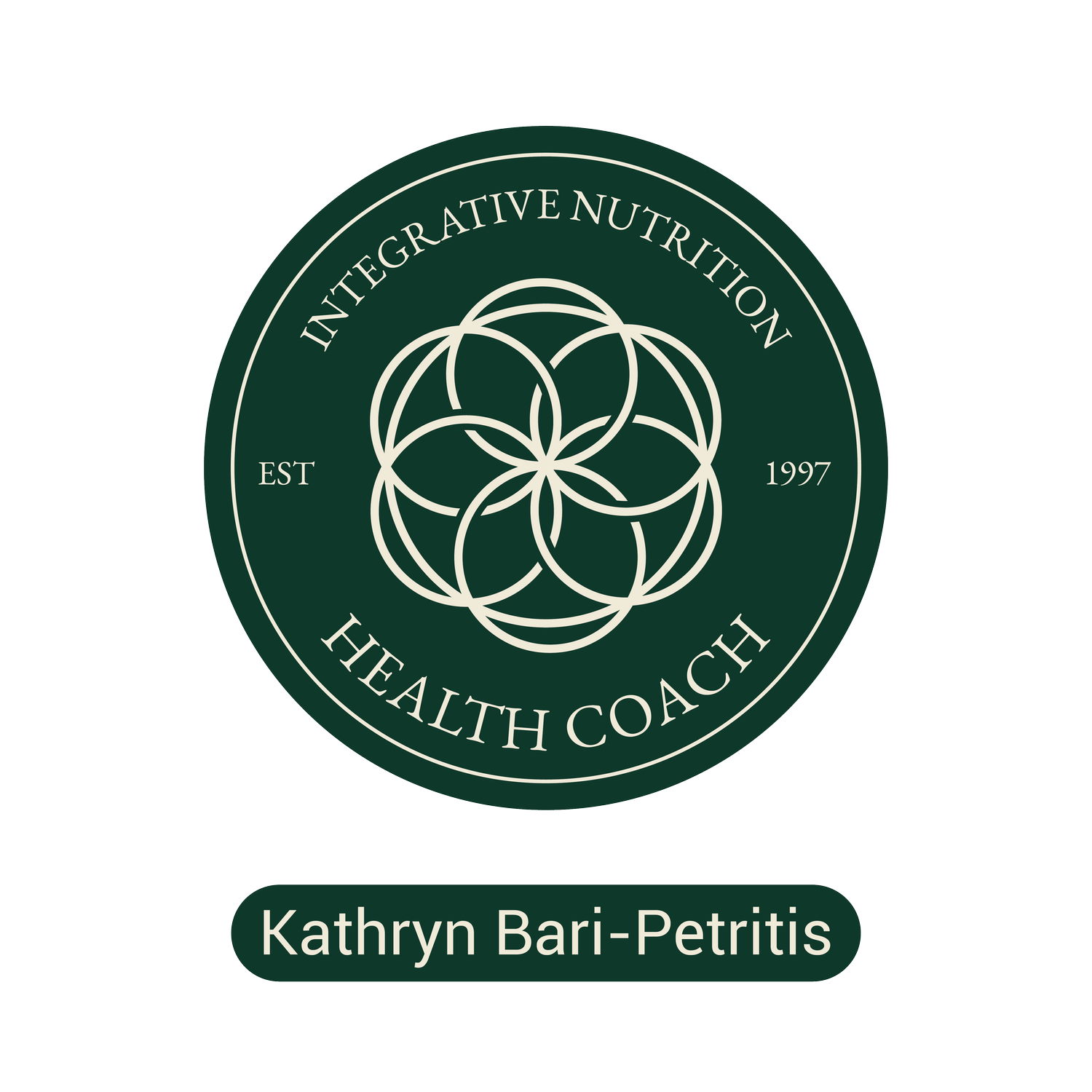Our Antioxidant System, Protein & Brain Function
Knowing the right food to eat–or not to eat is not a gift–it’s a process you work towards every day. It is a wealth of knowledge, the ultimate tool to shape your life every day, to empower and create dynamic well-being. In a very simple and profound way what we eat affects our appearance, thought, emotion, lifestyle, health, and planet.
Food can quicken the brain and lift the mood. Food can infuse our brains with spurts of electrical energy that make us think faster and perform better.
Much of the credit for the discovery of how food can manipulate brain activity goes to Neuroendocrinologist Richard Wurtman and colleagues at the Massachusetts Institute of Technology in Cambridge. According to their pioneering research, the secret is in Neurotransmitters. These Neurotransmitters are manufactured by nerve cells using specific food components called precursors as raw material.
Food helps create various Neurotransmitters with different functions depending on the type of raw material supplied by a specific food. An example is tryptophan, an amino in protein foods that are made into serotonin, the calming chemical that makes you relaxed and drowsy. From tyrosine, an amino, are born dopamine and norepinephrine, neurotransmitters that enliven the brain making you more alert and mentally energetic.
Brain chemistry is extremely complex because amino acids, varying in size and concentration in the blood, compete for entry into the brain.
1. What are the key factors to fine-tuning your diet and listening to your body?
Protein–containing foods are uppers when you want to stay mentally sharp. Do not reach for candy, cake, donuts, ice cream, rice, or pasta. Bonnie Spring, a professor of Psychology at the University of Health Science at Chicago Medical School, and Food and Mood researchers explain that protein simply keeps the carbos from making you fuzzy-headed. Spring says studies show that including 5%-10% protein in a meal helps block the build-up of serotonin in the brain. Dr. Barry Spears, creator of “The Zone Diet” and William Wolcott of “The Metabolic Diet” share some of the same beliefs, based on clinical nutrition.
2. Brainpower and Smart Foods
What you eat could have a profound effect on how you think, your intelligence level, and your memory. For example, what you eat affects the following:
The level of nerve chemicals in the brain that regulate all mental processes
The development and maintenance of brain cell function and structure
The insulating sheath surrounding the nerve cells that speed the transport of messages from one neuron to another
The level of enzymes and their activity, which enhances brain function
The amount of oxygen that reaches the brain
The rate of accumulation and removal of cellular debris
The ability of brain cells to transmit electrical messages
Brain power fluctuates depending on what and when you eat. Your brain is an organ just like your heart or liver and it needs a constant optimal supply of nutrients to function at its best.
If you’re having trouble concentrating, staying motivated or just thinking clearly, take a good look at your breakfast habits. Skipping meals frequently will drain glucose reserves and force the brain to “run on fumes.”
The best way to enhance brainpower is to:
Always eat breakfast
Keep your meals small and frequent
Combine a little protein with some carbohydrate whole food
3. Stress and Diet
Stress and nutrition are closely intertwined. A nutritional deficiency is stress to the body itself, a strain on all the metabolic processes. For example, a marginal iron deficiency results in reduced oxygen supply to the tissues and brain. In turn, the oxygen-starved tissues leave a person feeling tired, irritable, and unable to concentrate.
Likewise, an inadequate intake of B Vitamins stresses the cell’s ability to convert carbohydrates and fats into energy. The lack of certain amounts of beta-carotene and Vitamin C weakens the body’s antioxidant defenses, exposing the tissues to an increased risk of damage and disease. In addition, how well your body is nourished prior to and during stressful events affects how well you handle the stress. A well-nourished person copes better than a poorly nourished one.
4. The Antioxidant Part
One of the most exciting areas of nutritional research today is the identification and investigation of compounds in plants that supply us with certain powerful antioxidants. One sure way of getting these in your diet is to eat from “The Rainbow Diet,” that is to have your plate reflect many different colors.
The good news is that the antioxidant nutrients help protect and maintain a well-functioning nervous system and brain (they also protect against premature aging). This system is only as good as a person’s diet. When antioxidant intake is optimal throughout life, free radical damage is kept at bay, whereas a consistently poor diet, low in antioxidants weakens the body’s defenses and allows free radicals to proceed unchecked.
Brainpower Foods Rich in Antioxidants are:
Quality proteins
Fruits and nuts
Non-toxic and non-polluted seafood
Legumes
Whole grains
Dark green vegetables
Chlorophyll foods (spirulina, chlorella, wheat grass)
Fermented soyfoods
Foods rich in carotenoids
Foods rich in bio-flavonoids
References:
Healing with Whole Foods, by Paul Pitchford
The World’s Oldest Health Plan, by Kathleen O’Bannon Baldinger
Food Your Miracle Medicine, by Jean Carper
Food & Mood, by Dr. Elizabeth Somer
Food and Healing, by Annemarie Colbin
Nourishing Wisdom, by Marc David
Metabolic Typing Diet, by William L. Wolcott


